Home>Furniture & Design>Interior Design Trends>How To Get Rid Of Cloudy Glass
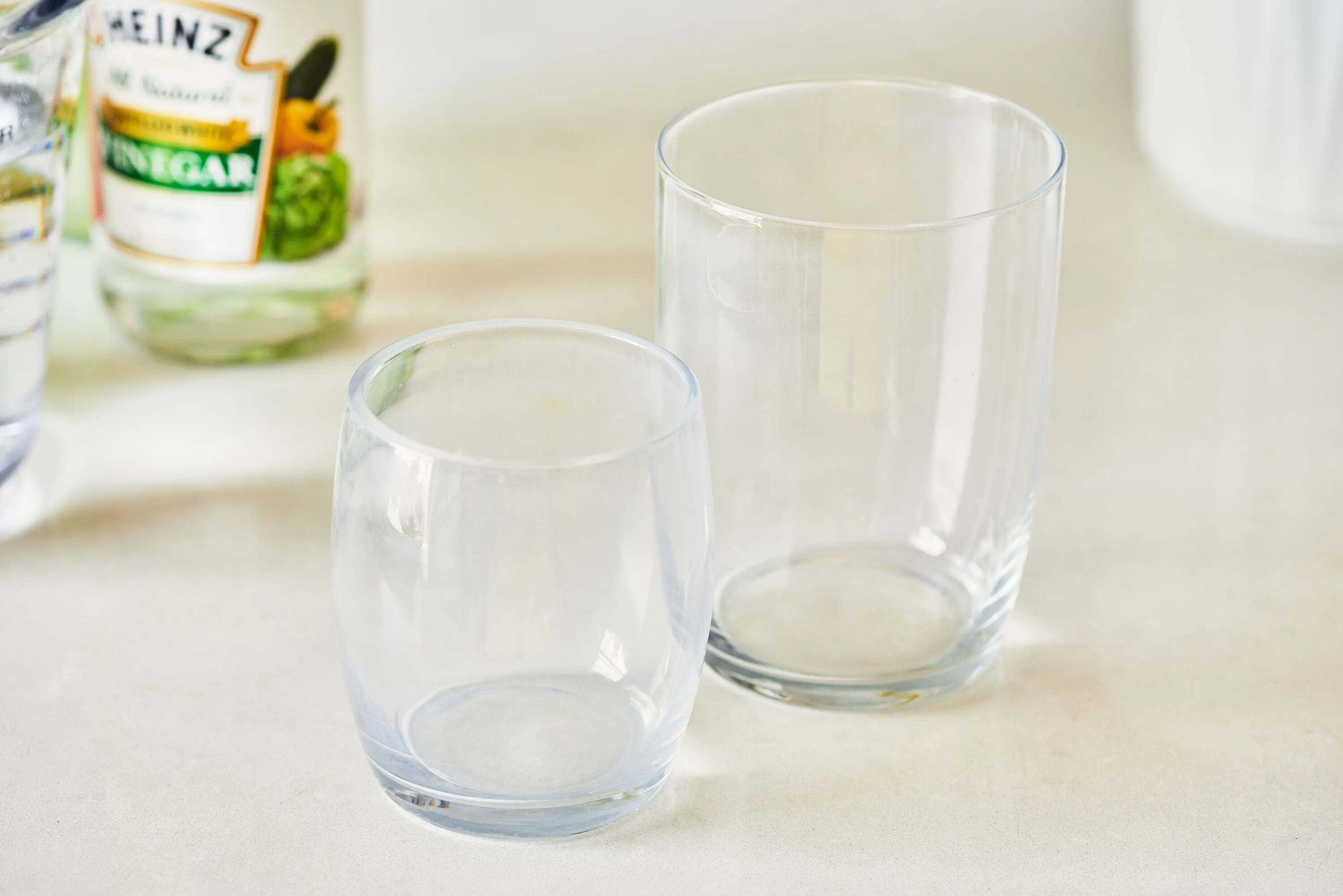

Interior Design Trends
How To Get Rid Of Cloudy Glass
Published: February 5, 2024
Learn how to improve your interior design with our expert tips on getting rid of cloudy glass. Discover the latest interior design trends to create a clear and stylish space.
(Many of the links in this article redirect to a specific reviewed product. Your purchase of these products through affiliate links helps to generate commission for Storables.com, at no extra cost. Learn more)
Introduction
Cloudy glassware can be a frustrating sight, especially when you're preparing to entertain guests or simply want to enjoy a refreshing drink. Whether it's a cloudy wine glass, a foggy vase, or a hazy window, the presence of cloudy residue can detract from the overall aesthetic and functionality of glass items. Understanding the causes of cloudy glass and learning effective methods to restore its clarity is essential for maintaining the pristine appearance of your glassware.
Cloudy glass is a common issue that can arise due to various factors, including hard water deposits, mineral buildup, or improper washing techniques. These culprits can leave unsightly residues on the surface of glass, diminishing its transparency and luster. Fortunately, there are several practical and natural remedies that can help eliminate cloudy deposits and restore the glass to its original brilliance.
In this comprehensive guide, we will delve into the root causes of cloudy glass and provide valuable insights on how to effectively remove the cloudy residue from glassware. Additionally, we will explore the use of natural remedies to clear cloudy glass, offering eco-friendly alternatives to chemical-laden cleaning agents. Furthermore, we will discuss preventive measures to help you maintain the clarity of your glass items and minimize the recurrence of cloudy deposits in the future.
By gaining a deeper understanding of the factors contributing to cloudy glass and arming yourself with practical solutions, you can reclaim the pristine beauty of your glassware and ensure that they remain crystal clear for years to come. Let's embark on this journey to uncover the secrets of restoring and preserving the clarity of glass, empowering you to bid farewell to cloudy glass once and for all.
Key Takeaways:
- Say goodbye to cloudy glass by using natural remedies like vinegar, baking soda, and lemon juice. Prevent future cloudiness by using filtered water, proper dishwashing techniques, and regular maintenance.
- Cloudy glass is caused by hard water deposits, improper washing, and environmental factors. Restore clarity with vinegar soak, baking soda scrub, and lemon juice treatment. Prevent cloudiness with filtered water and gentle cleaning practices.
Read more: How To Get Rid Of Cloudy Water In Hot Tub
Understanding the Causes of Cloudy Glass
Cloudy glass is a common nuisance that can stem from various underlying causes, often resulting in a lackluster appearance and diminished transparency. Understanding these factors is crucial in effectively addressing the issue and preventing its recurrence. One of the primary culprits behind cloudy glass is hard water deposits. When water with high mineral content evaporates on glass surfaces, it leaves behind mineral deposits, leading to a cloudy or hazy appearance. The minerals most commonly responsible for this cloudy residue include calcium, magnesium, and silica.
Improper washing techniques can also contribute to cloudy glass. When glassware is washed with hard water or using excessive detergent, it can leave behind soap scum and mineral deposits, further exacerbating the cloudiness. Additionally, using a dishwasher with hard water can result in cloudy glass due to the mineral-rich water used during the washing cycle.
Furthermore, environmental factors such as high humidity levels can lead to the accumulation of moisture on glass surfaces, promoting the growth of mold and mildew, which can manifest as a cloudy film. Inadequate ventilation in storage areas can exacerbate this issue, particularly for glass items stored for extended periods.
In some cases, the use of inappropriate cleaning agents or harsh chemicals can cause a chemical reaction with the glass surface, resulting in a cloudy appearance. This is particularly common with acidic or abrasive cleaners that can etch the glass, leading to a loss of clarity.
Moreover, the presence of microscopic scratches on glass surfaces, often caused by abrasive cleaning tools or improper handling, can trap dirt and impurities, contributing to a cloudy or dull appearance.
Understanding these diverse causes of cloudy glass is pivotal in devising effective strategies to address the issue. By identifying the specific factors contributing to the cloudiness, you can tailor your approach to restoring the glass's clarity, ensuring that the appropriate remedies are employed for optimal results.
Tips for Removing Cloudy Residue from Glassware
When it comes to restoring the pristine clarity of glassware marred by cloudy residue, employing effective removal techniques is essential. Here are several tips to help you bid farewell to cloudy glass and restore its transparency:
-
Vinegar Soak: Create a solution of equal parts white vinegar and water and immerse the cloudy glassware in the mixture for several hours or overnight. The acidic properties of vinegar help dissolve mineral deposits, effectively clearing the cloudy residue. After soaking, gently scrub the glass with a non-abrasive sponge or cloth to remove any remaining residue, then rinse thoroughly and dry.
-
Baking Soda Scrub: Form a paste by mixing baking soda with water and apply it to the cloudy glass surface. Using a soft cloth or sponge, gently scrub the glass in circular motions to lift the cloudy residue. Baking soda's mild abrasive nature aids in dislodging mineral deposits and stubborn stains, restoring the glass's clarity. Rinse the glass thoroughly after scrubbing and dry it with a lint-free cloth.
-
Lemon Juice Treatment: The natural acidity of lemon juice makes it an effective remedy for clearing cloudy glass. Squeeze fresh lemon juice onto the affected areas and allow it to sit for a few minutes. Then, using a damp cloth or sponge, gently scrub the glass to lift the cloudy residue. Rinse the glass thoroughly to remove any residual lemon juice and dry it to reveal its renewed transparency.
-
Commercial Glass Cleaners: Utilize specialized glass cleaners formulated to dissolve mineral deposits and restore clarity. Choose a cleaner specifically designed for removing hard water stains and cloudy residue. Follow the manufacturer's instructions for application and ensure thorough rinsing to eliminate any chemical residue.
-
Rubbing Alcohol Solution: Mix equal parts rubbing alcohol and water in a spray bottle and mist the cloudy glassware with the solution. Allow it to sit for a few minutes before wiping the glass with a clean, lint-free cloth. The alcohol helps dissolve mineral deposits, facilitating the removal of cloudy residue, leaving the glass sparkling clear.
-
Microfiber Cloth Polishing: After employing any of the aforementioned cleaning methods, use a microfiber cloth to polish the glassware to a brilliant shine. The ultra-fine fibers of the cloth effectively remove any remaining residue or streaks, leaving the glass impeccably clear and gleaming.
By incorporating these proven tips into your glassware maintenance routine, you can effectively eliminate cloudy residue and restore the pristine transparency of your glass items. These methods offer practical and accessible solutions for addressing cloudy glass, allowing you to revel in the renewed brilliance of your glassware.
Using Natural Remedies to Clear Cloudy Glass
Harnessing the power of natural remedies can be a game-changer when it comes to clearing cloudy glass and restoring its pristine clarity. These eco-friendly alternatives not only effectively eliminate cloudy residue but also minimize the use of harsh chemicals, promoting a sustainable approach to glassware maintenance.
Distilled White Vinegar Soak
One of the most potent natural remedies for clearing cloudy glass involves utilizing distilled white vinegar. Its acidic properties make it a formidable opponent against mineral deposits and hard water stains. To employ this method, create a solution by combining equal parts of distilled white vinegar and water. Submerge the cloudy glassware in the vinegar solution, ensuring that the affected areas are fully immersed. Allow the glassware to soak for several hours or, for more stubborn residue, overnight. The vinegar works diligently to dissolve the mineral deposits, gradually restoring the glass's transparency. After the soaking period, gently scrub the glass with a non-abrasive sponge or cloth to dislodge any remaining residue. Thoroughly rinse the glassware with water and dry it to reveal its renewed clarity.
Read more: Why Does Glass Get Cloudy In The Dishwasher
Baking Soda Paste
Another natural powerhouse in the battle against cloudy glass is baking soda. Its mild abrasive nature makes it an effective agent for lifting mineral deposits and stubborn stains. To create a baking soda paste, mix baking soda with a small amount of water until a thick, spreadable consistency is achieved. Apply the paste to the cloudy glass surface, ensuring that the affected areas are thoroughly covered. Using a soft cloth or sponge, gently scrub the glass in circular motions, allowing the baking soda to work its magic in dislodging the cloudy residue. After scrubbing, rinse the glassware thoroughly with water and dry it using a lint-free cloth. The baking soda paste not only clears the cloudy glass but also leaves the surface gleaming and revitalized.
Lemon Juice Treatment
Harnessing the natural acidity of lemon juice can be an effective and refreshing approach to clearing cloudy glass. Squeeze fresh lemon juice onto the affected areas of the glassware and allow it to sit for a few minutes. The natural acidity of the lemon juice aids in breaking down the mineral deposits, facilitating their removal. Using a damp cloth or sponge, gently scrub the glass to lift the cloudy residue. Thoroughly rinse the glassware to remove any residual lemon juice and dry it to reveal its renewed transparency.
Embracing the Power of Nature
By embracing these natural remedies, you can effectively clear cloudy glass and restore its pristine clarity without relying on harsh chemicals. These methods not only offer exceptional cleaning prowess but also align with eco-conscious practices, promoting a sustainable and environmentally friendly approach to glassware maintenance. With the power of nature on your side, cloudy glass will be a thing of the past, allowing the inherent beauty of your glassware to shine through with unparalleled brilliance.
Preventing Cloudy Glass in the Future
Preventing the recurrence of cloudy glass is paramount in maintaining the pristine clarity and visual appeal of glassware. By implementing proactive measures and adopting best practices, you can effectively safeguard your glass items from succumbing to cloudy residue, ensuring that they retain their transparent allure for an extended period. Here are several strategies to prevent cloudy glass in the future:
Read more: How To Get Rid Of Streaks On Glass
Use Filtered Water
Opting for filtered water when washing glassware can significantly reduce the risk of mineral deposits and hard water stains. Investing in a quality water filtration system or utilizing filtered water from a reliable source can minimize the presence of impurities that contribute to cloudy residue, preserving the glass's pristine transparency.
Proper Dishwashing Techniques
When washing glassware, employ proper dishwashing techniques to mitigate the accumulation of cloudy residue. Use a moderate amount of gentle dishwashing detergent and avoid excessive use, which can leave behind soap scum and contribute to cloudiness. Additionally, consider hand-washing delicate glass items to ensure meticulous cleaning without subjecting them to the harsh conditions of a dishwasher.
Regular Maintenance
Establish a regular maintenance routine for your glassware, incorporating gentle cleaning methods to prevent the buildup of mineral deposits and impurities. Routinely inspect and clean glass items, addressing any emerging cloudiness promptly to prevent it from becoming entrenched.
Adequate Ventilation and Storage
Ensure proper ventilation in storage areas to prevent the accumulation of moisture, which can lead to mold growth and the development of a cloudy film on glass surfaces. Store glassware in well-ventilated areas to minimize the impact of high humidity levels, preserving the clarity of the glass items.
Read more: How To Clean Cloudy Glass
Gentle Cleaning Practices
Adopt gentle cleaning practices when tending to glassware, utilizing non-abrasive cleaning tools and mild cleaning agents. Avoid harsh chemicals and abrasive materials that can compromise the integrity of the glass surface, leading to etching and cloudiness.
Regular Inspection
Regularly inspect glassware for signs of cloudiness or mineral deposits, addressing any issues promptly to prevent them from escalating. By staying vigilant and proactive, you can intervene early and implement targeted cleaning methods to maintain the pristine clarity of your glass items.
By integrating these preventive measures into your glassware maintenance regimen, you can effectively mitigate the risk of cloudy residue and preserve the impeccable transparency of your glassware. These proactive strategies empower you to uphold the visual allure and functionality of your glass items, ensuring that they remain free from the unsightly cloudiness that can detract from their inherent beauty.
Frequently Asked Questions about How To Get Rid Of Cloudy Glass
Was this page helpful?
At Storables.com, we guarantee accurate and reliable information. Our content, validated by Expert Board Contributors, is crafted following stringent Editorial Policies. We're committed to providing you with well-researched, expert-backed insights for all your informational needs.
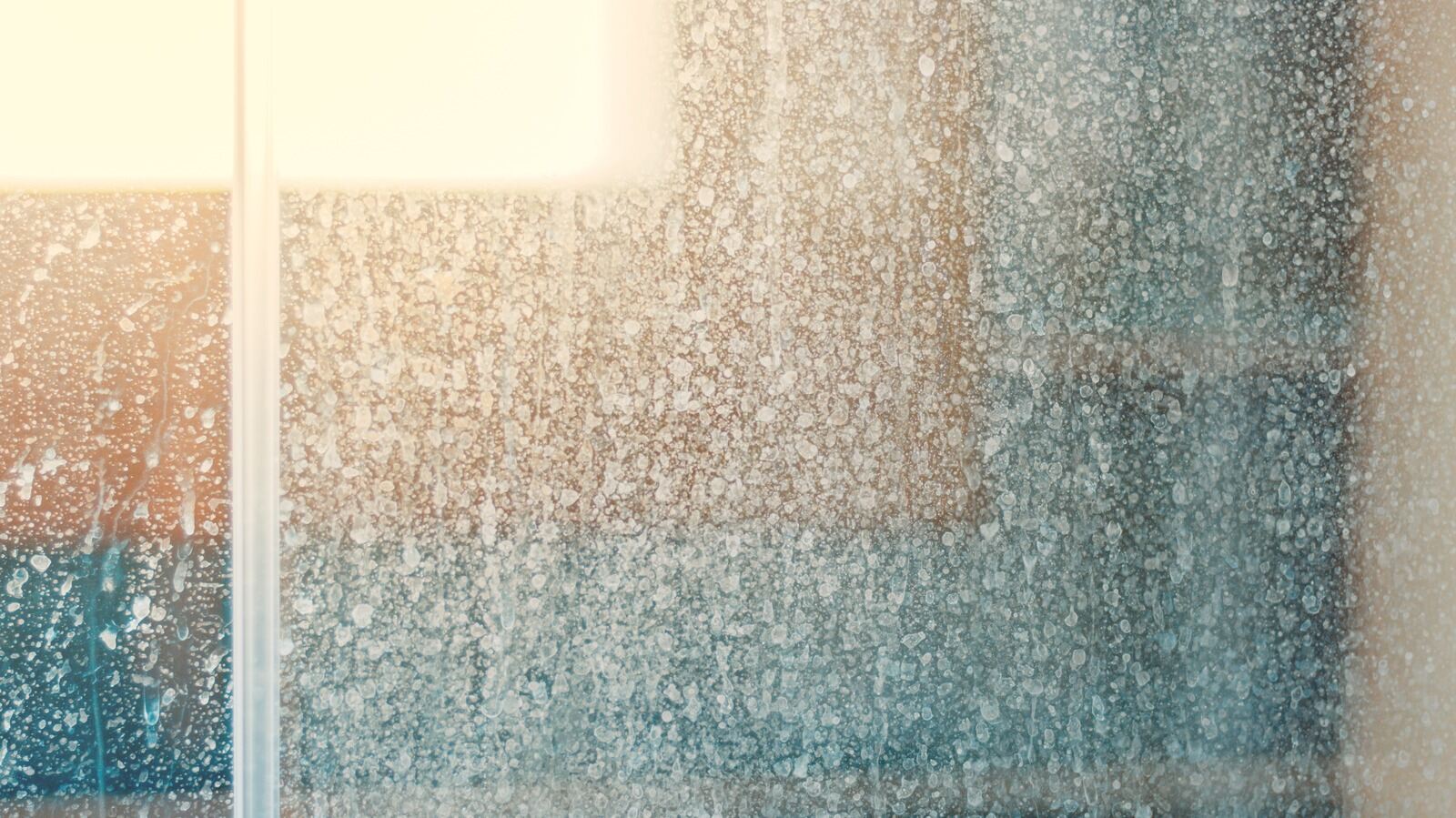
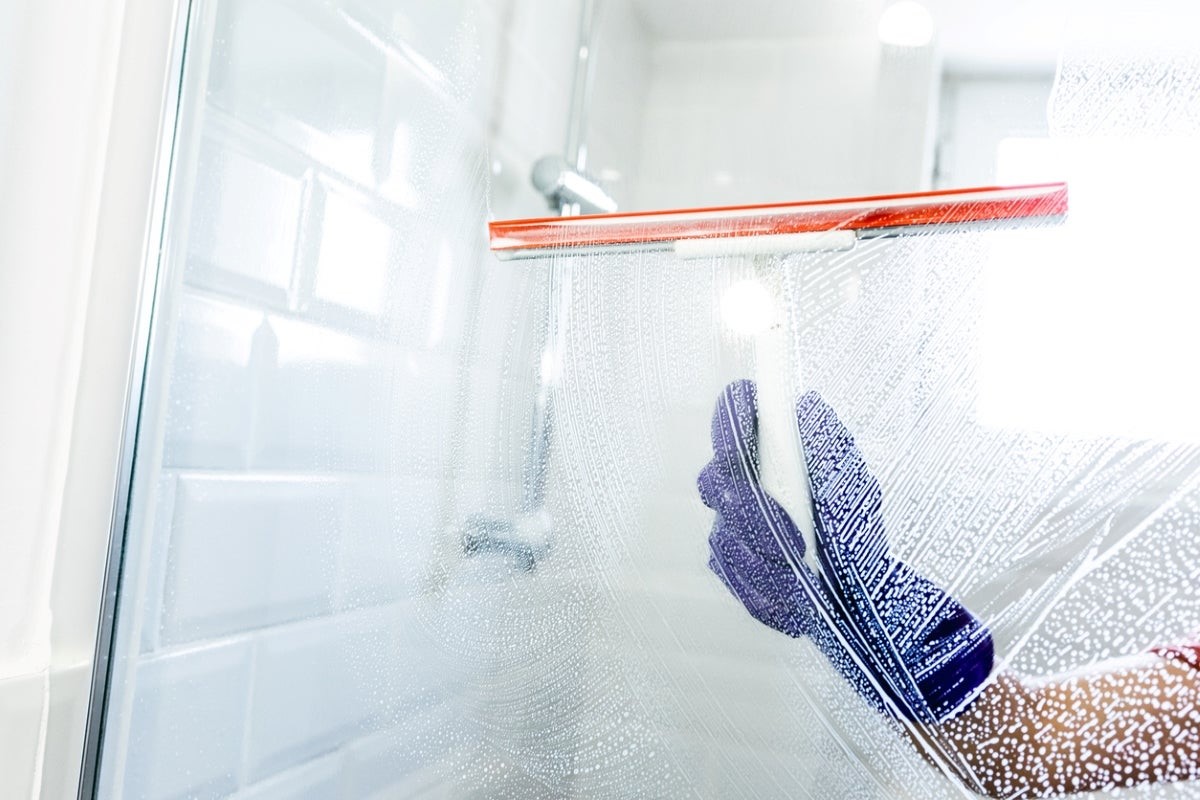
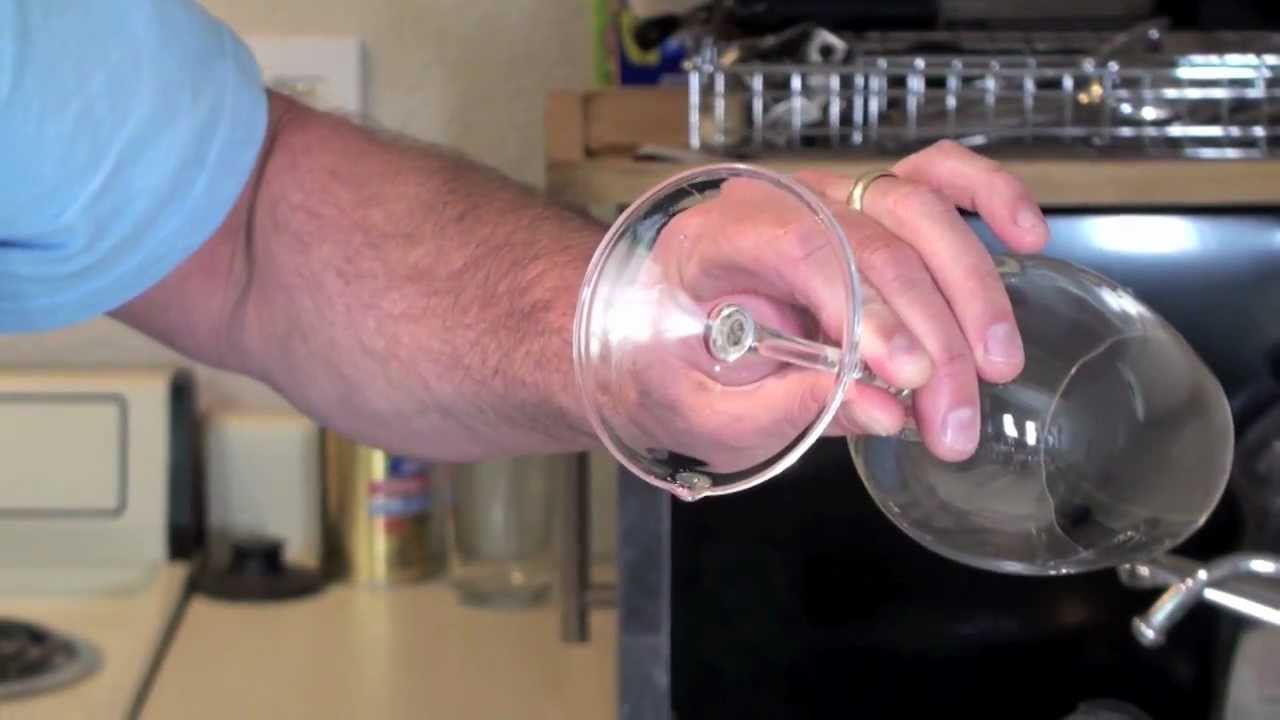
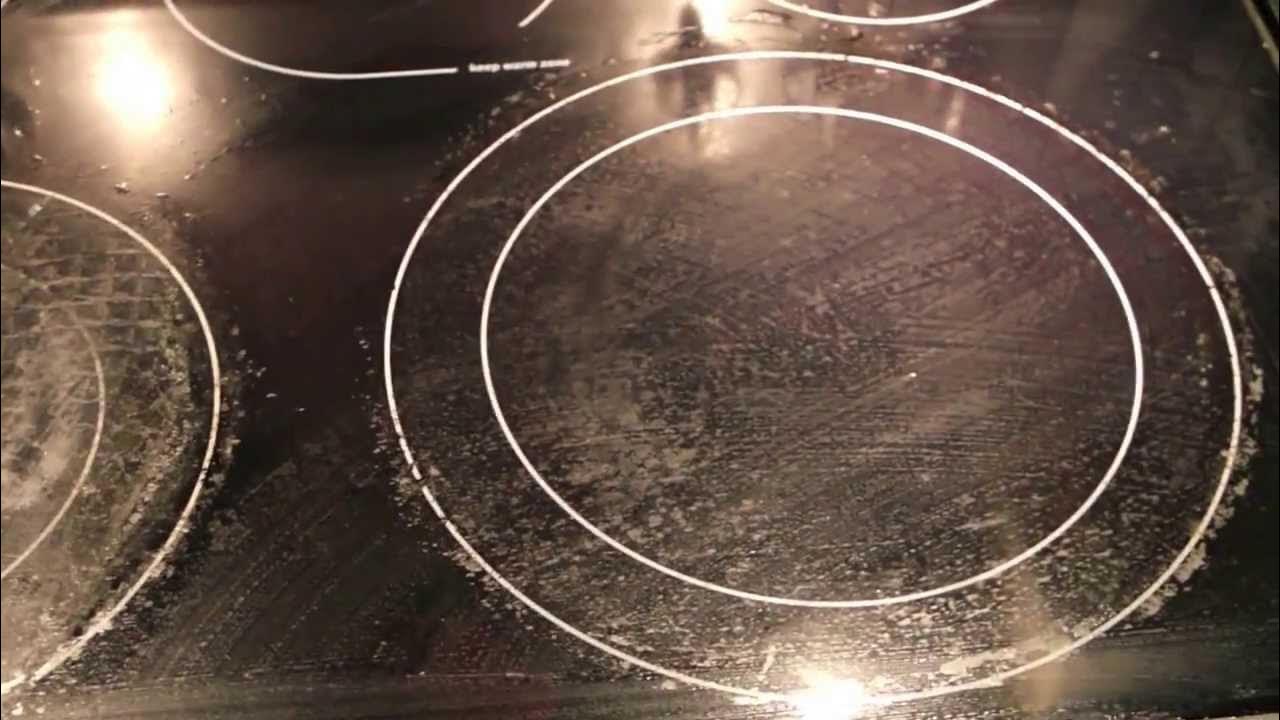
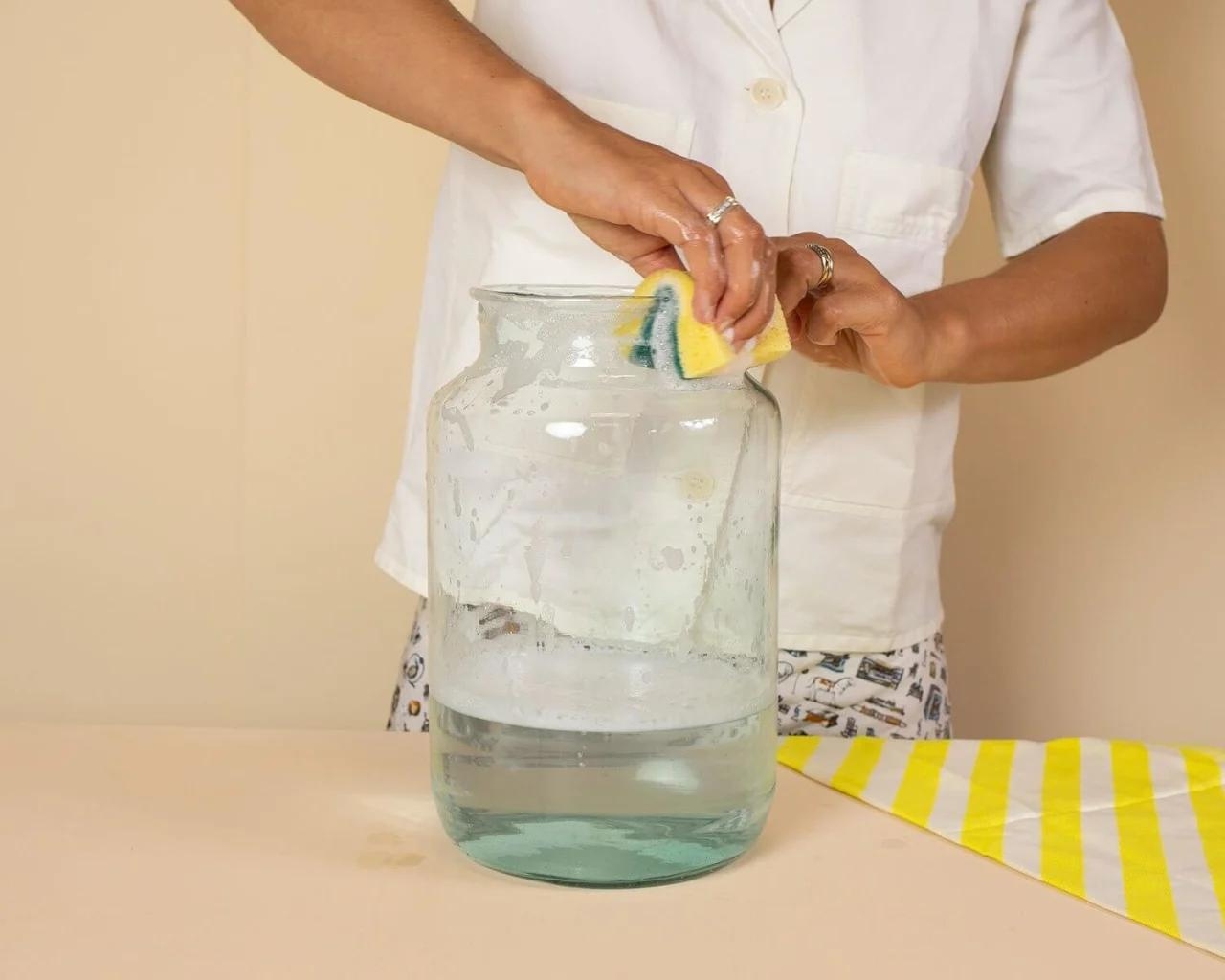
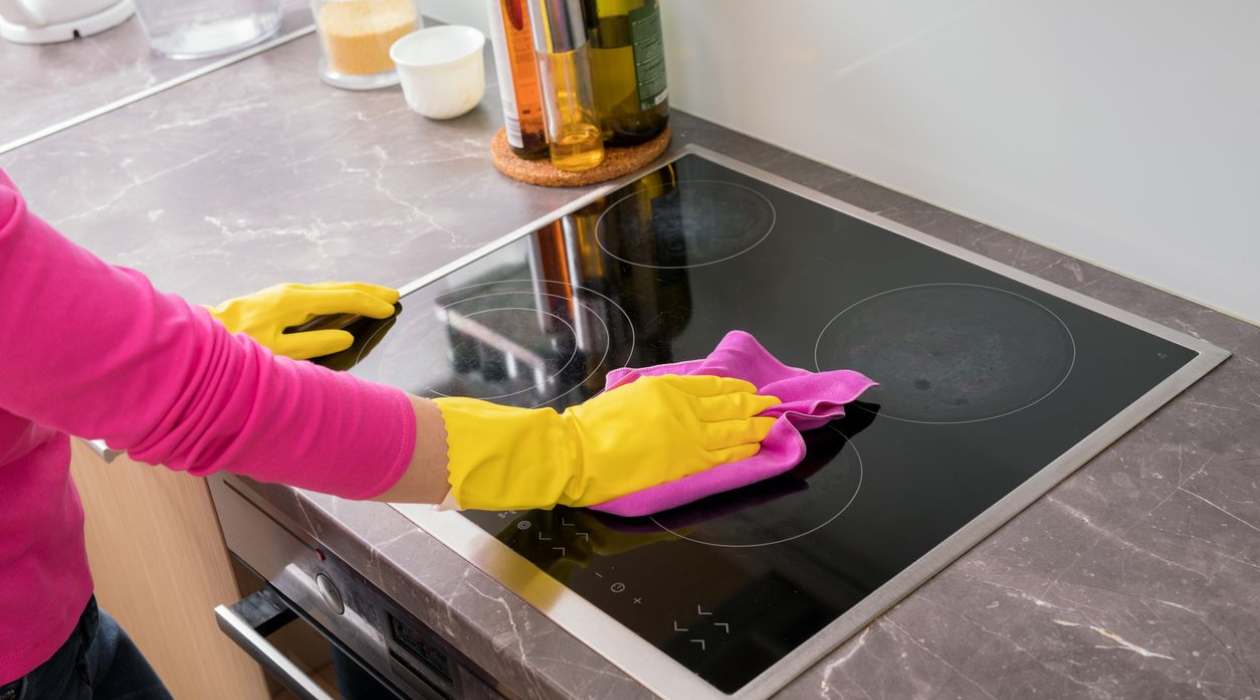
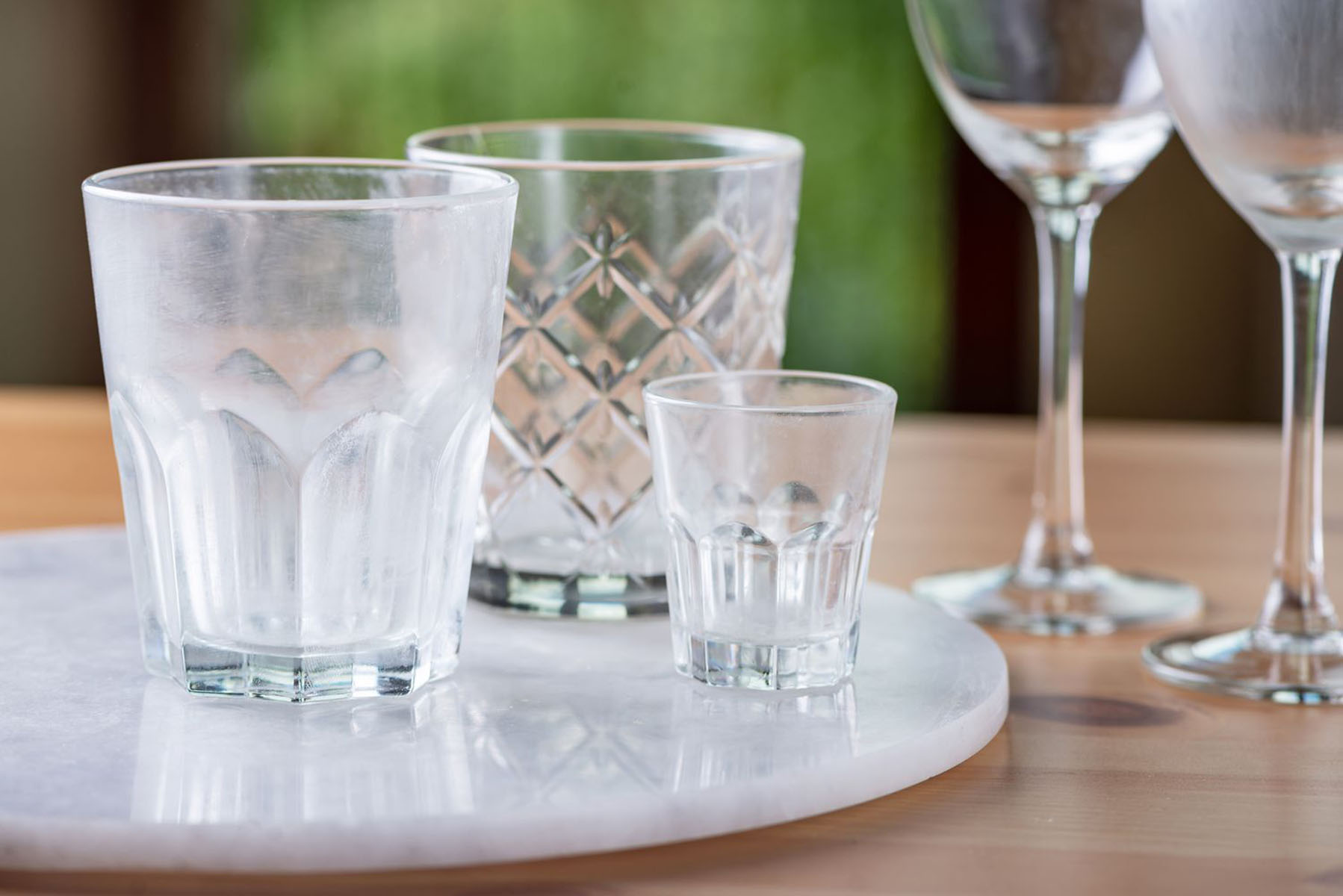
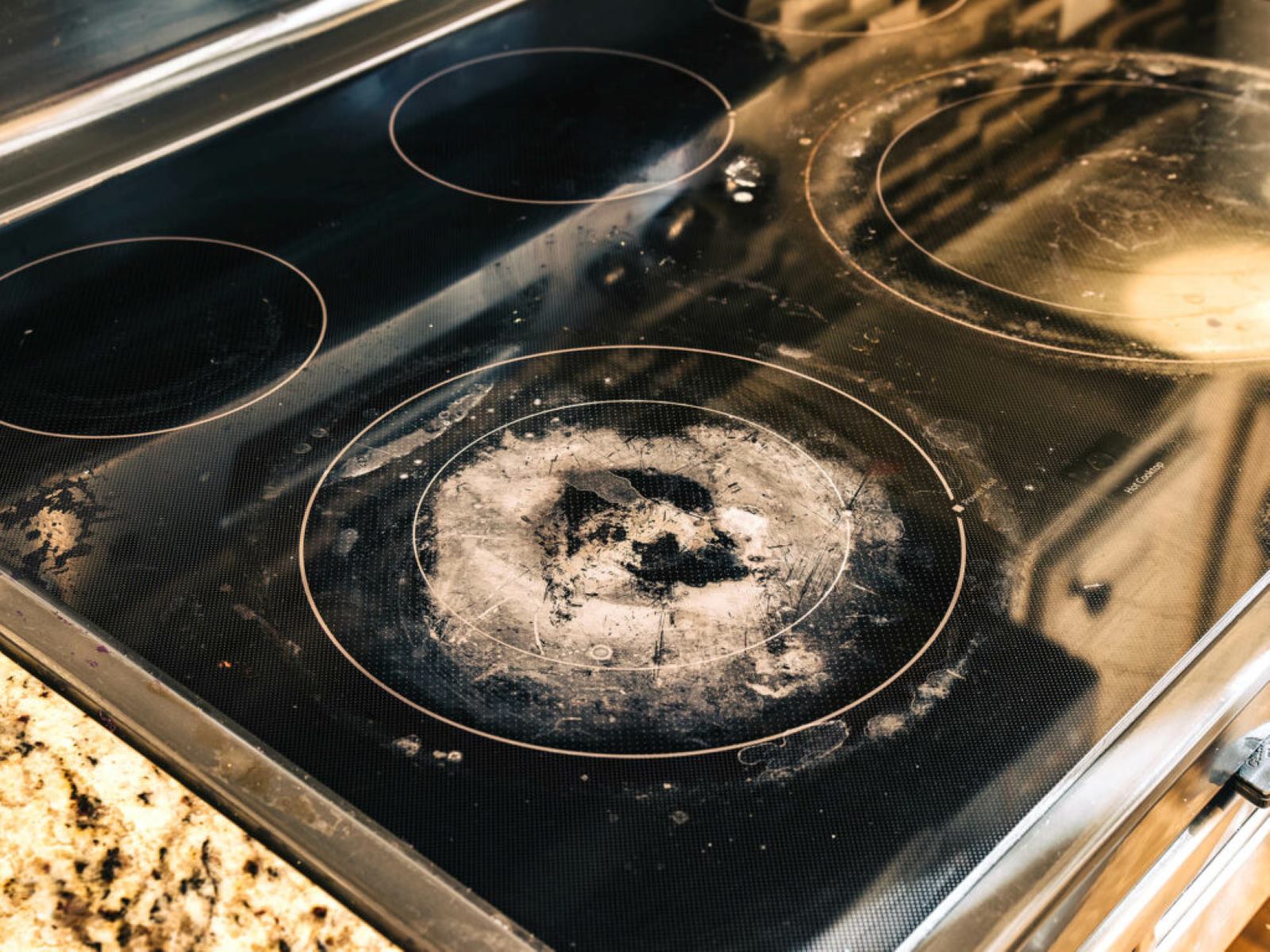
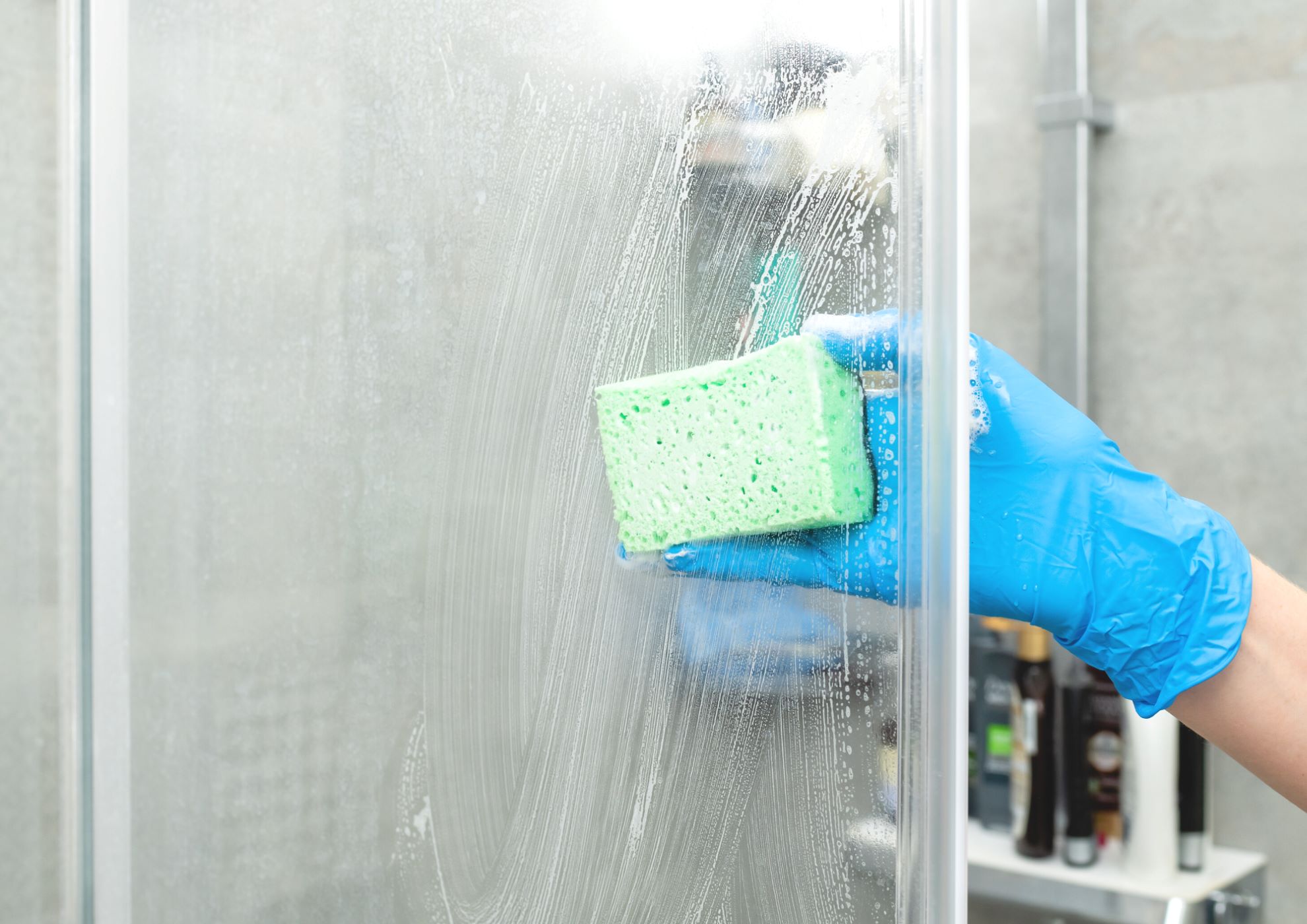
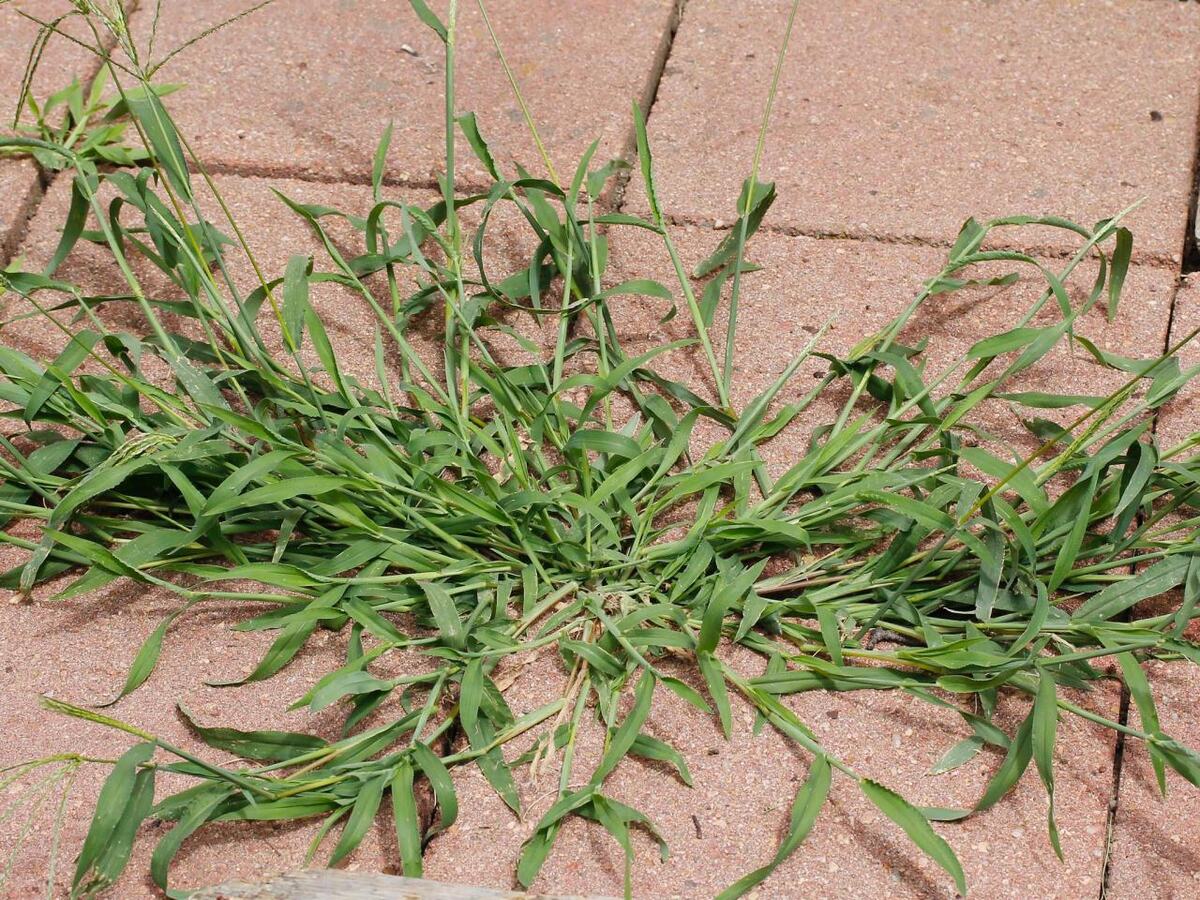



0 thoughts on “How To Get Rid Of Cloudy Glass”